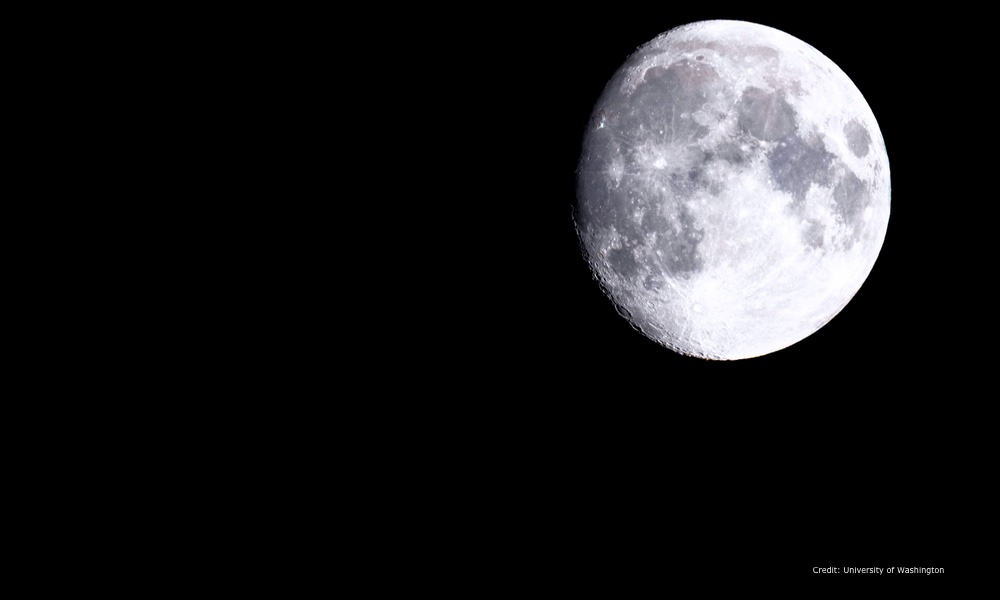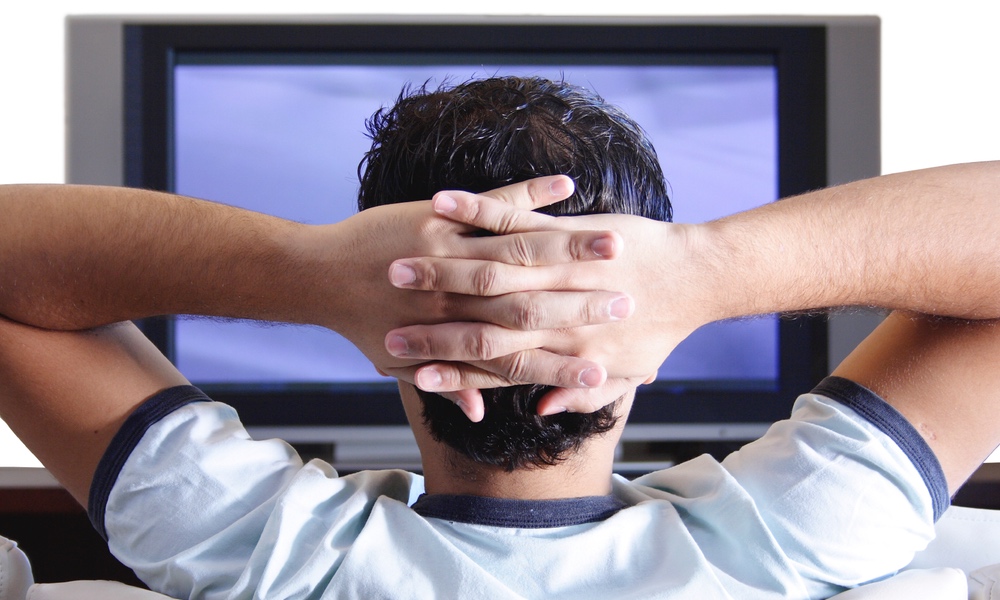While coffee has some undeniable health benefits, the news is not all good: Drinking too much coffee appears to increase your chances of developing a form of glaucoma.
Researchers were prompted to study coffee as a risk factor because Scandinavian populations have the highest rate of exfoliation glaucoma, and they also have the highest consumption of caffeinated coffee.
The Harvard School of Public Health study drew data from over 78,000 women and 41,000 men. All were 40 years old or older, had never been diagnosed with glaucoma, and reported having regular eye examinations from 1980 (for NHS participants) and 1986 (for HPFS participants). Researchers looked the amount of caffeinated beverages participants said they consumed and reviewed medical records to look for evidence of exfoliation glaucoma.
No link was found to other caffeine-containing products, such as soda, tea, or chocolate.
Exfoliation glaucoma is the result of a syndrome in which a substance that looks somewhat like tiny flakes of dandruff builds up on the lens of the eye. The movement of the iris can rub this material off the lens, blocking the flow of liquid out of the eye and leading to the increased pressure associated with glaucoma.
Previous work done by these researchers found a link between primary open-angle glaucoma and the consumption of caffeinated coffee.
This is the first study to look at the association between coffee and exfoliation glaucoma in American coffee drinkers. It was a Correlational study, so more research is needed before the coffee can be confirmed as the a cause of exfoliation glaucoma.
Whether or not a person drinks coffee, the most important thing to take away from this study is the importance of having regular eye examinations and being screened for glaucoma.




